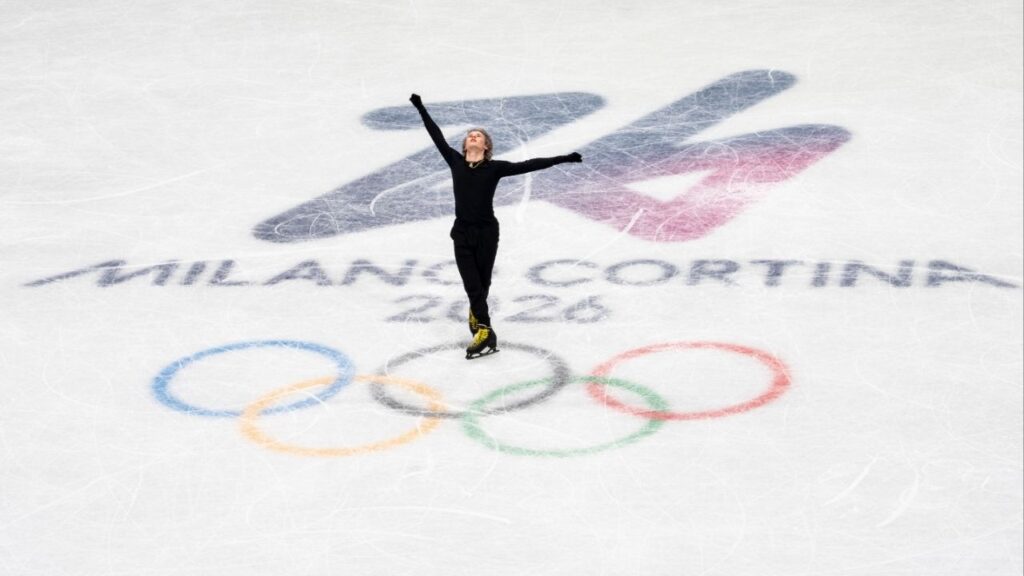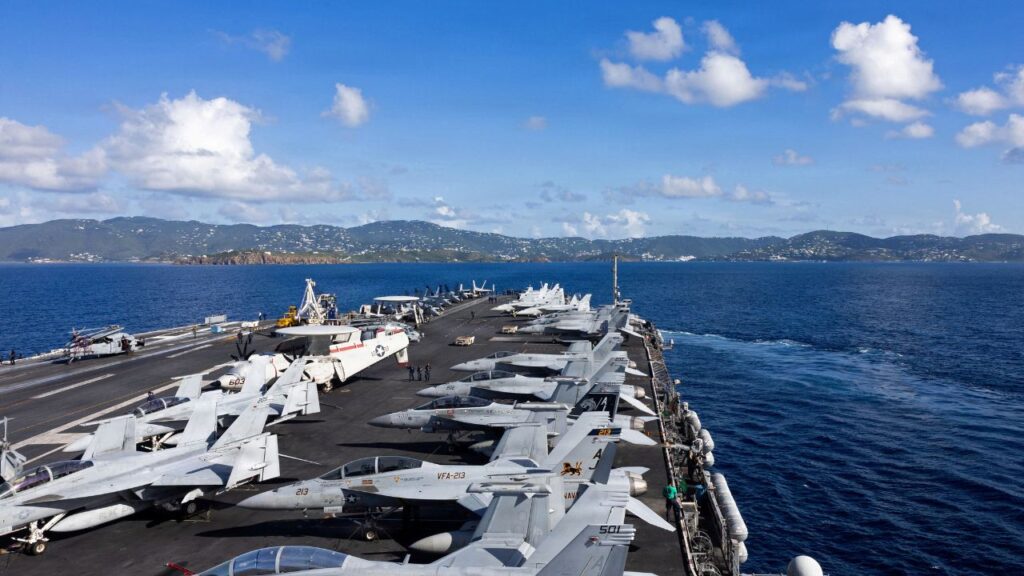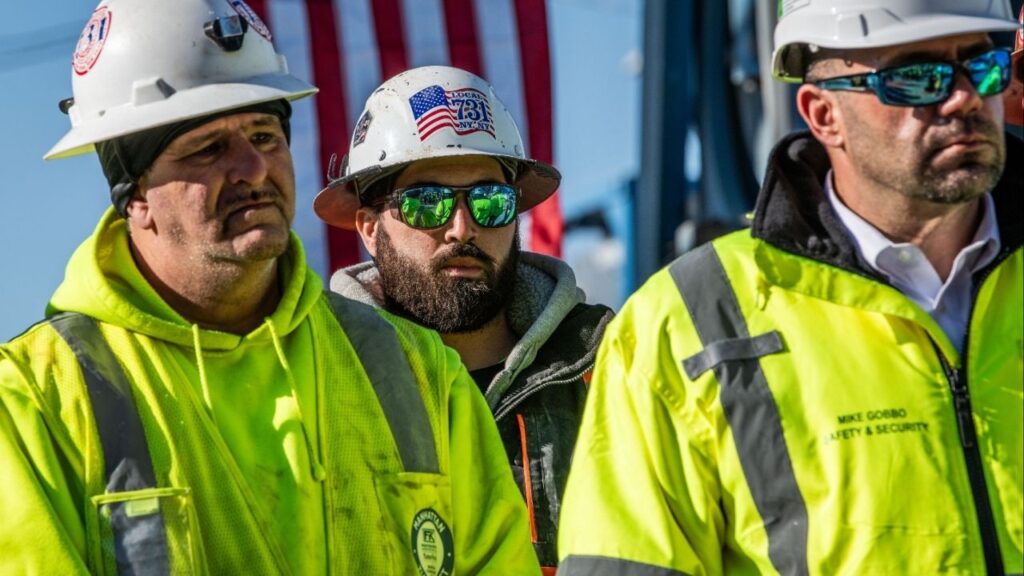President Joe Biden steps off Marine One at the White House in Washington after delivering remarks on the administration’s economic agenda in Wisconsin and campaigns for Sen. Bob Casey (D-Pa.) in Pennsylvania on Tuesday, Oct. 8, 2024. A top-level gathering in Germany intended to show support for Ukraine was put off after President Biden canceled his trip to deal with Hurricane Milton. (Haiyun Jiang/The New York Times)
Share
|
Getting your Trinity Audio player ready...
|
A meeting of Western leaders who support Ukraine’s war effort against Russia has been postponed after President Joe Biden canceled his participation to deal with the impact of Hurricane Milton.
The delay is a setback for Ukrainian President Volodymyr Zelenskyy, who had hoped to use the gathering to rally Western allies around his so-called “victory plan,” a strategy aimed at strengthening Ukraine’s position on the battlefield enough to force Russia to the negotiating table.
The meeting of what is formally known as the Ukraine Defense Contact Group was originally planned for Saturday at Ramstein Air Base in Germany. It was intended to give Ukraine high-level encouragement and further support, and also demonstrate Biden’s strong backing for Ukraine and its Western aspirations a month before Americans choose his successor.
Gathering Draws More Than 50 Countries
The gathering, which draws more than 50 countries, was viewed as particularly important because it was the first featuring heads of state and government. But the White House said Tuesday that Biden would remain in the United States because of the powerful hurricane that was hurtling toward Florida and expected to make landfall Wednesday night.
U.S. military officials at Ramstein confirmed in an email to reporters on Wednesday that the meeting was postponed. There was no word on when it might be rescheduled.
As part of the visit, Biden was going to meet with Chancellor Olaf Scholz of Germany, President Emmanuel Macron of France and Prime Minister Keir Starmer of the United Kingdom. Those meetings have been canceled as well, said Steffen Hebestreit, the German government’s chief spokesperson.
Zelenskyy and other Ukrainian officials have been tight-lipped about the details of their plan, but they have sketched its broad outlines in statements and interviews. It involves enhancing Western security guarantees for Ukraine — including its integration into NATO — increasing military aid and securing further financial assistance.
The Ukrainian leader presented the plan to Biden during a visit to the United States two weeks ago, and senior officials from his administration and government traveled to Washington in recent days to discuss it further with their U.S. counterparts.
Yehor Chernev, the deputy chair of the Ukrainian parliament’s defense and intelligence committee, told Ukrainian media Tuesday that Ukraine was also expecting a decision to be made during the Ramstein meeting about whether to allow the country to strike targets inside Russia with Western-supplied, long-range weapons. This has been a long-standing request from Ukraine, but the White House has given no signal that it is ready to approve such a move.
Ukrainian officials argue that allowing strikes inside Russia, along with fulfilling the broader requests outlined in their plan, is crucial for Ukraine to gain the upper hand on the battlefield, where its forces have been steadily losing ground since the start of the year. Once these goals are achieved, they say, it will be easier to pressure the Kremlin into negotiating peace on terms acceptable to Ukraine.
Ukraine Wants Peace Summit With Russia
Ukraine has set an ambitious goal of holding a peace summit with Russia by the end of the year.
The Ramstein meeting may be rescheduled to coincide with a gathering of NATO defense ministers in Brussels on Oct. 17-18. That meeting may be at the ministerial level, in keeping with the normal pattern, and not include national leaders, officials suggested.
But the United States is the chair of the Ramstein group, which consists of up to 50 countries, so deciding when to hold the next meeting will be up to Washington.
Biden’s canceled visit to Germany was to be the first official state visit of a sitting U.S. president in Germany since Ronald Reagan visited the West German capital of Bonn in 1985. Experts saw this honor as sign of the close relationship between Biden and Scholz.
Unlike other visits by U.S. presidents in recent decades, the now-canceled schedule included a state gala with Germany’s President Frank-Walter Steinmeier and military honors. Biden was also supposed to receive Germany’s highest civilian medal in a ceremony at the palace.
–
This article originally appeared in The New York Times.
By Steven Erlanger and Constant Méheut/Haiyun Jiang
c. 2024 The New York Times Company
RELATED TOPICS:
Categories

Cubans Turn to Electric Vehicles as US Tightens Oil Blockade

Hey Ilia, America Is Still Proud of You.

















